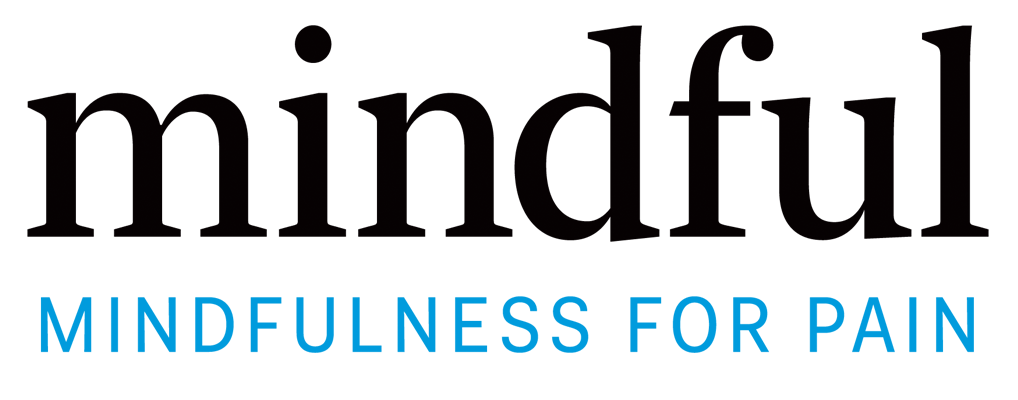Listen to this article
Mindfulness is a quality of mind that is awake, that is aware, that is alert, and that knows it. One way of thinking about this quality of mind is to consider its opposite: being lost in thought. Mindfulness, though, is more than just being awake, aware, alert, and knowing it—mindfulness is an invitation to develop this special quality of mind in order to get more comfortable with whatever is happening within you and around you, with interest, curiosity, and an open mind.
The things happening within and around you may include body sensations, thoughts, and emotions—not only the pleasant ones, but the unpleasant ones, too, and even the ones that don’t make much of an impact (at least not right away). By establishing this sort of 360-degree view on what’s happening right now, we are better able to see not only how we’re acting, but how we’re reacting—in this moment, and also the next moment. You are able to ask yourself, “Am I open to what’s going on, or am I closed off from it?” If you’re closed off, why are you closed off? And is it possible that being more open might bring greater benefit to yourself, and those around you?
When it comes to physical pain, the first reaction you have may be to try to close yourself off from it. This strategy may work temporarily, but it will probably not work in the long run. Paradoxical as it may seem, bringing an attitude of openness to your pain can actually be the first step towards establishing a better “working relationship” with it, by ensuring it does not get wrapped up in, and complicated by, feelings of stress, fear, and self-doubt. Just like exercise is the tool we use to bring strength and steadiness to our bodies, meditation is the tool we use to strengthen our concentration, and steady our minds. This steadiness supports mindfulness in doings its job effectively: seeing what is happening clearly, and relating to it in the most honest and open way possible.



